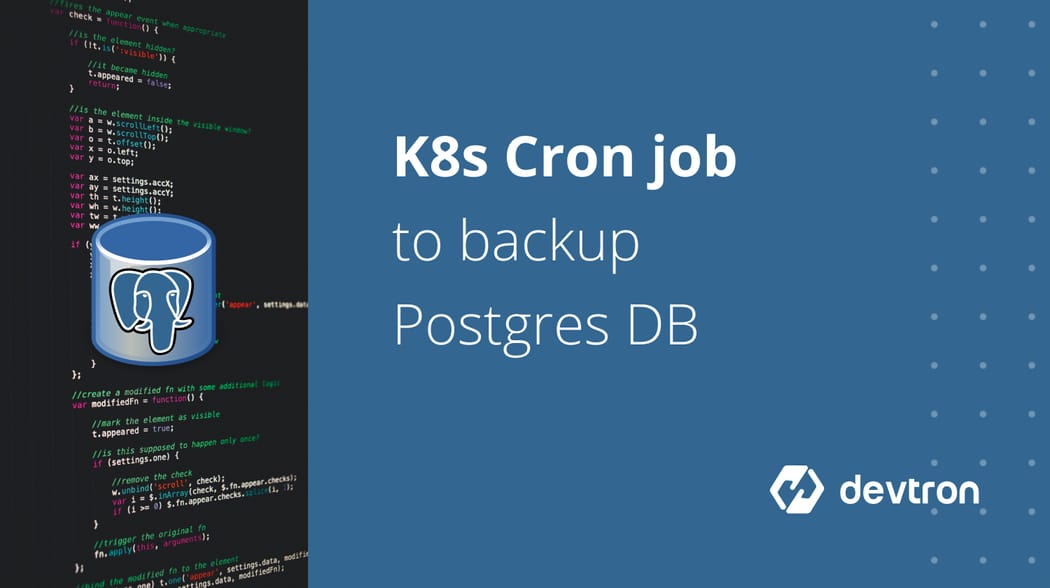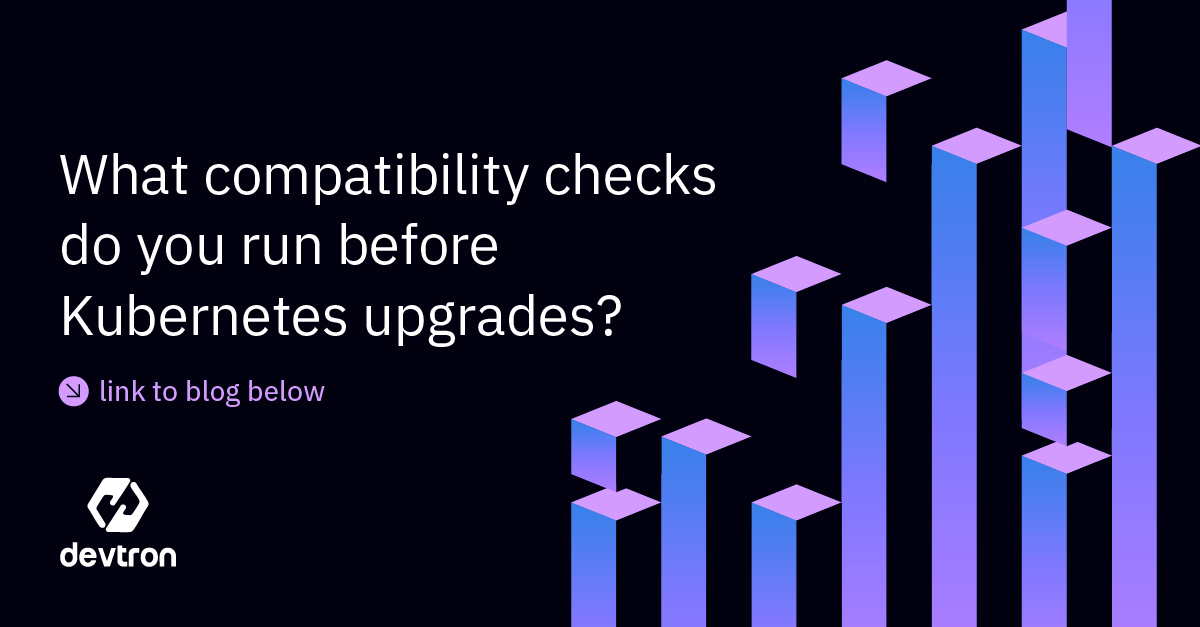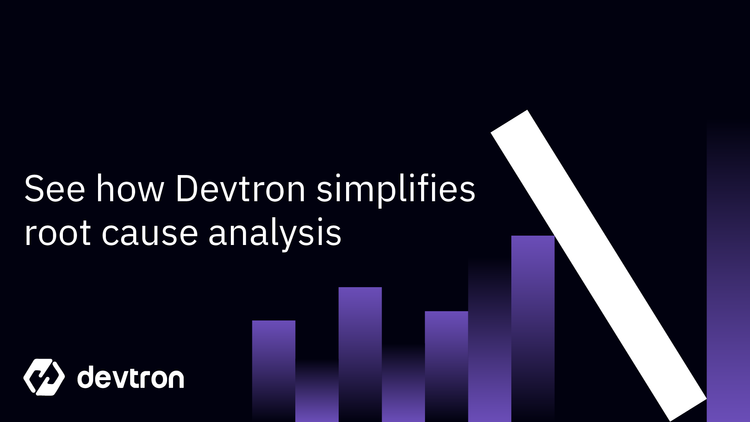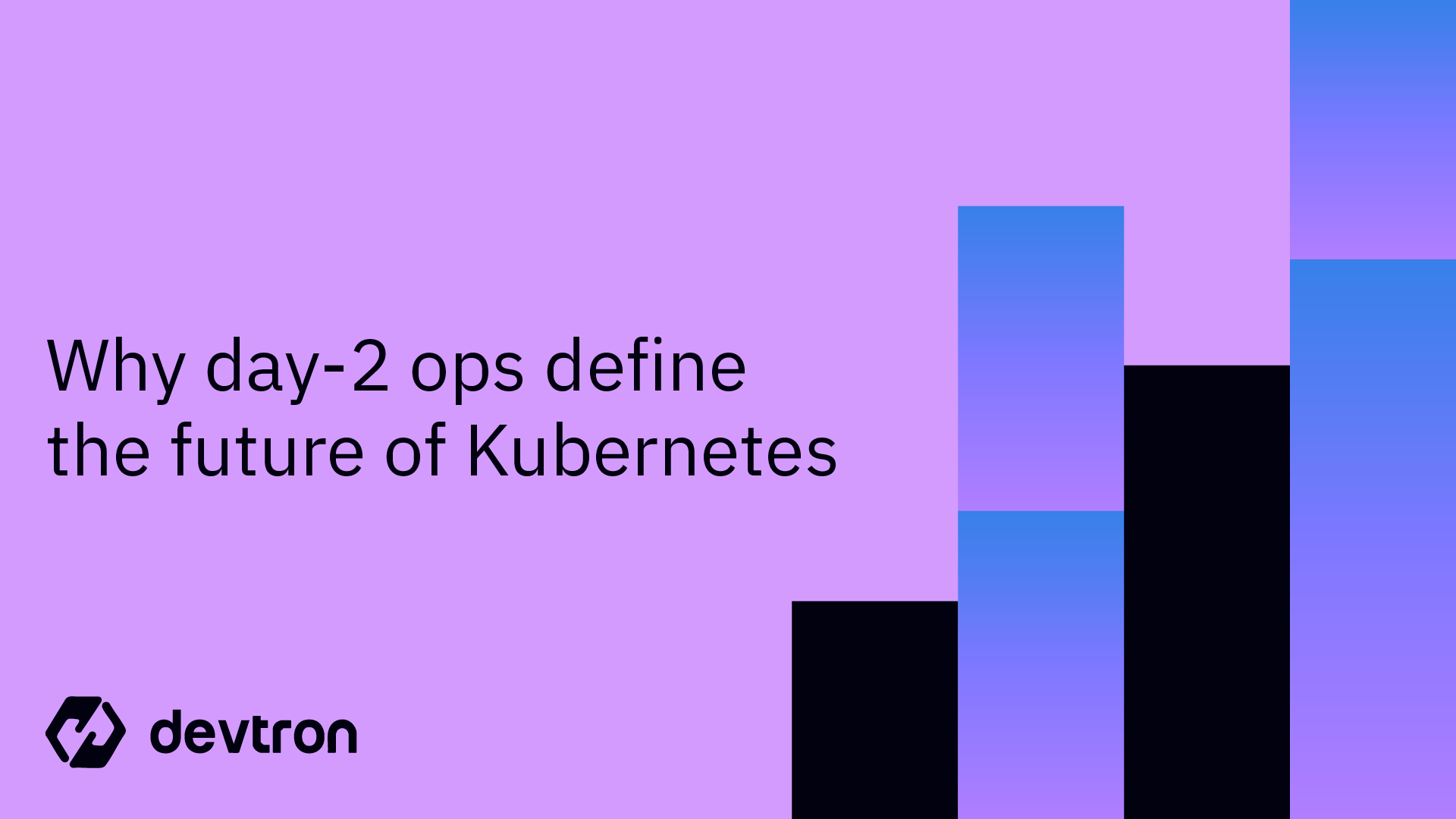1. Kubernetes CronJob is a reliable way to automate database backups (e.g., PostgreSQL) on a schedule.
2. The tutorial includes a custom Docker image with PostgreSQL and AWS CLI for backup and S3 upload.
3. Backup process is handled through a shell script invoked by the CronJob.
4. Environment variables manage credentials securely via the Kubernetes spec.
5. Backup files are uploaded to AWS S3, and Slack notifications provide status updates.
6. Ideal for production-grade backup automation in Kubernetes clusters.
Introduction
On a Kubernetes cluster, there can be many scenarios where you want to automate scheduled backups of your PostgreSQL database (or any other database). This step-by-step guide will walk you through how to use a Kubernetes CronJob for PostgreSQL backup, using a Docker container with AWS CLI to upload backups to an S3 bucket.
Overview of the Kubernetes CronJob Backup Strategy
Here’s what we’ll do:
- Create a Docker image (Ubuntu + PostgreSQL + AWS CLI).
- Write a shell script to:
- Connect to PostgreSQL
- Take a database dump
- Compress it
- Upload to AWS S3
- Send a Slack notification
- Create a Kubernetes CronJob to run this script on schedule.
Step 1: Create the Backup Script (postgres-backup.sh)
#!/bin/bash
cd /home/root
date1=$(date +%Y%m%d-%H%M)
mkdir pg-backup
PGPASSWORD="$PG_PASS" pg_dumpall -h postgresql-postgresql.devtroncd -p 5432 -U postgres > pg-backup/postgres-db.tar
file_name="pg-backup-"$date1".tar.gz"
# Compressing backup file
tar -zcvf $file_name pg-backup
notification_msg="Postgres-Backup-failed"
filesize=$(stat -c %s $file_name)
mfs=10
if [[ "$filesize" -gt "$mfs" ]]; then
aws s3 cp $file_name $S3_BUCKET
notification_msg="Postgres-Backup-was-successful"
fi
# Send Slack Notification
send_slack_notification() {
payload='payload={"text": "'$1'"}'
curl --silent --data-urlencode "$(printf "%s" $payload)" ${APP_SLACK_WEBHOOK} || true
}
send_slack_notification $notification_msg
Step 2: Create the Docker Image (Dockerfile)
This image includes PostgreSQL, AWS CLI, and the shell script for backups.
FROM ubuntu:18.04
RUN apt-get update && apt-get upgrade -y
RUN apt-get install -y python curl openssh-server gnupg2
# Install pip & AWS CLI
RUN curl -sO https://bootstrap.pypa.io/get-pip.py && python get-pip.py
RUN pip install awscli
# PostgreSQL
RUN echo "deb http://apt.postgresql.org/pub/repos/apt/ bionic-pgdg main" | tee /etc/apt/sources.list.d/pgdg.list
RUN apt-key adv --keyserver keyserver.ubuntu.com --recv-keys 7FCC7D46ACCC4CF8
RUN apt update && apt -y install postgresql-11
# Copy backup script
COPY . /home/root/
USER root
Step 3: Build and Push the Docker Image
docker build -t ubuntu-aws-postgres:latest -f dockerfile .
docker tag ubuntu-aws-postgres:latest <your-account>.dkr.ecr.us-east-2.amazonaws.com/aws-cli-ubuntu
docker push <your-account>.dkr.ecr.us-east-2.amazonaws.com/aws-cli-ubuntu:latest
Replace <your-account> with your actual AWS ECR account ID.
Step 4: Create Kubernetes CronJob YAML
apiVersion: batch/v1beta1
kind: CronJob
metadata:
name: postgresql-backup-cron-job
spec:
schedule: "0 8,20 * * *"
jobTemplate:
spec:
template:
spec:
containers:
- name: postgresql-backup-job-pod
image: <your-ecr-url>/aws-cli-ubuntu:latest
env:
- name: S3_BUCKET
value: "s3://postgres-backup-11334/dev-pro-cluster/"
- name: PG_PASS
value: "dummy-password"
- name: AWS_ACCESS_KEY_ID
value: "your-access-key"
- name: AWS_SECRET_ACCESS_KEY
value: "your-secret"
- name: AWS_DEFAULT_REGION
value: "us-east-2"
- name: APP_SLACK_WEBHOOK
value: "https://hooks.slack.com/services/XXXX"
imagePullPolicy: Always
args:
- /bin/bash
- -c
- cd /home/root; bash postgres-backup.sh;
restartPolicy: OnFailure
backoffLimit: 3
Replace secrets and environment variables with your own secure values.
Step 5: Apply the CronJob to Kubernetes
kubectl apply -f postgresql-backup-cron-job.yaml -n <namespace>
To view or manage cronjobs:
kubectl get cronjob -n <namespace>
kubectl delete cronjob <cron-job-name> -n <namespace>
Why Use Kubernetes CronJob for Backups?
- Fully automated database backups
- Works inside Kubernetes clusters without external tools
- Easily integrates with AWS S3 and notification systems
- Portable and customizable across environments
- Highly reliable with Kubernetes scheduling and retry policies
Conclusion
Kubernetes CronJobs provide a powerful and reliable way to run scheduled tasks like database backups, log rotations, or periodic cleanups within your cluster. By using native Kubernetes objects, you can maintain consistency, scalability, and observability for your recurring jobs.
Make sure to define resource requests and limits, monitor job status, and set proper concurrency policies to avoid unexpected behavior in production.
FAQ
How to Set Up a Kubernetes Cron Job for Postgres Backups?
Create a Docker image with Postgres and AWS CLI, write a script to take a dump and upload it to S3, and schedule it as a Kubernetes cron job.
How Do I Backup a Postgres Database in Kubernetes Using Docker?
Build a custom Docker image with Postgres and AWS CLI, then write a script to dump the Postgres database and upload it to an S3 bucket through Kubernetes.
How Do I Configure the Kubernetes CronJob for Backups?
Write a postgresql-backup-cron-job.yaml file to schedule the backup job, which connects to the Postgres pod, creates a backup, and uploads it to an S3 bucket.
How Do I Verify and Delete a Kubernetes Cron Job?
Verify with kubectl get cronjob -n <> and delete with kubectl delete cronjob <<cron-job-name>> -n <<namespace>>.






